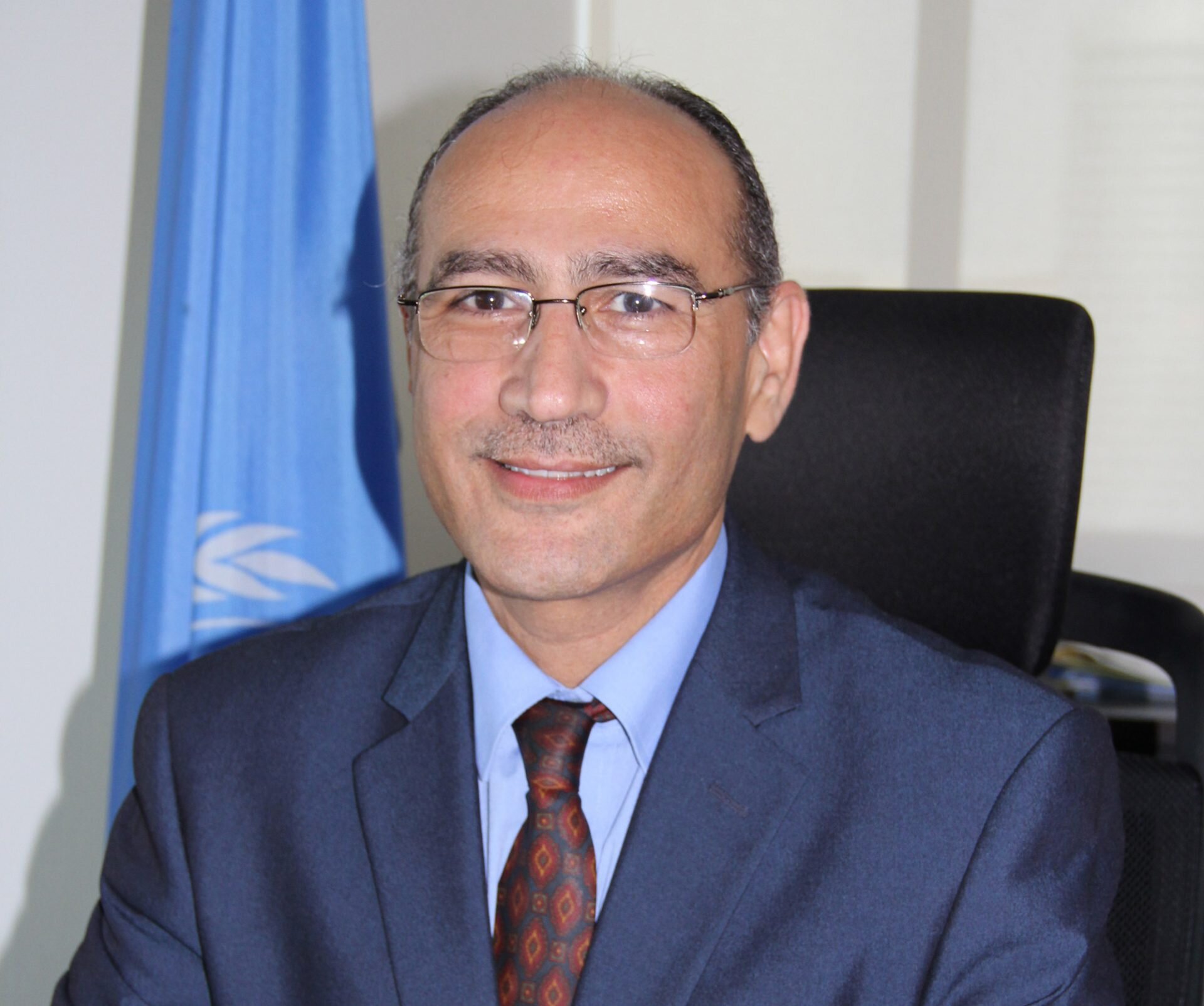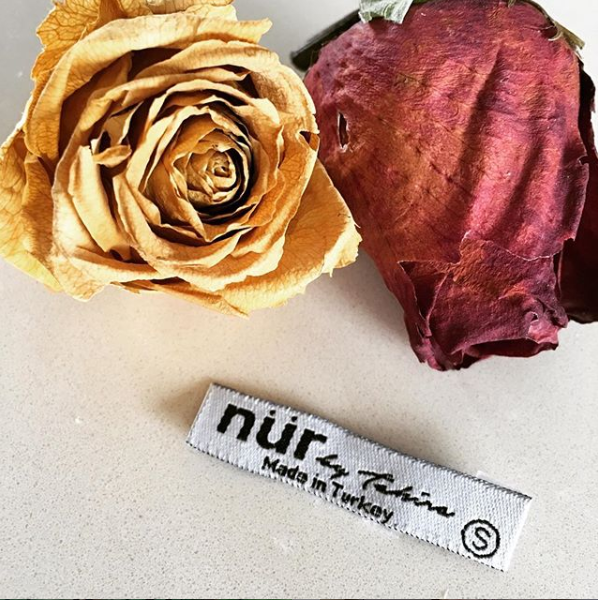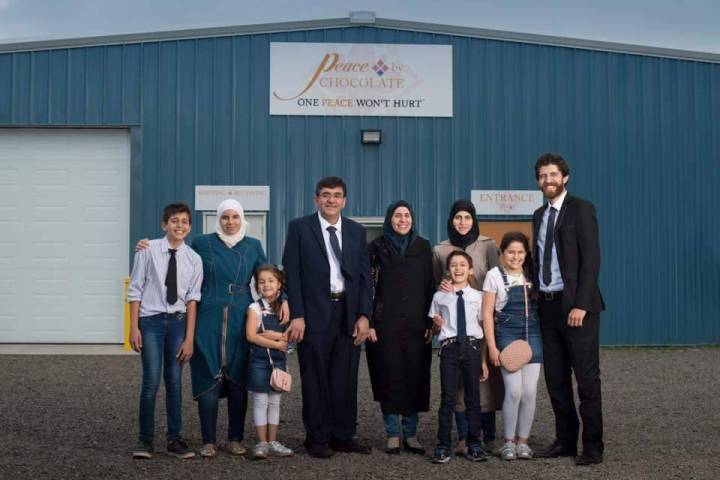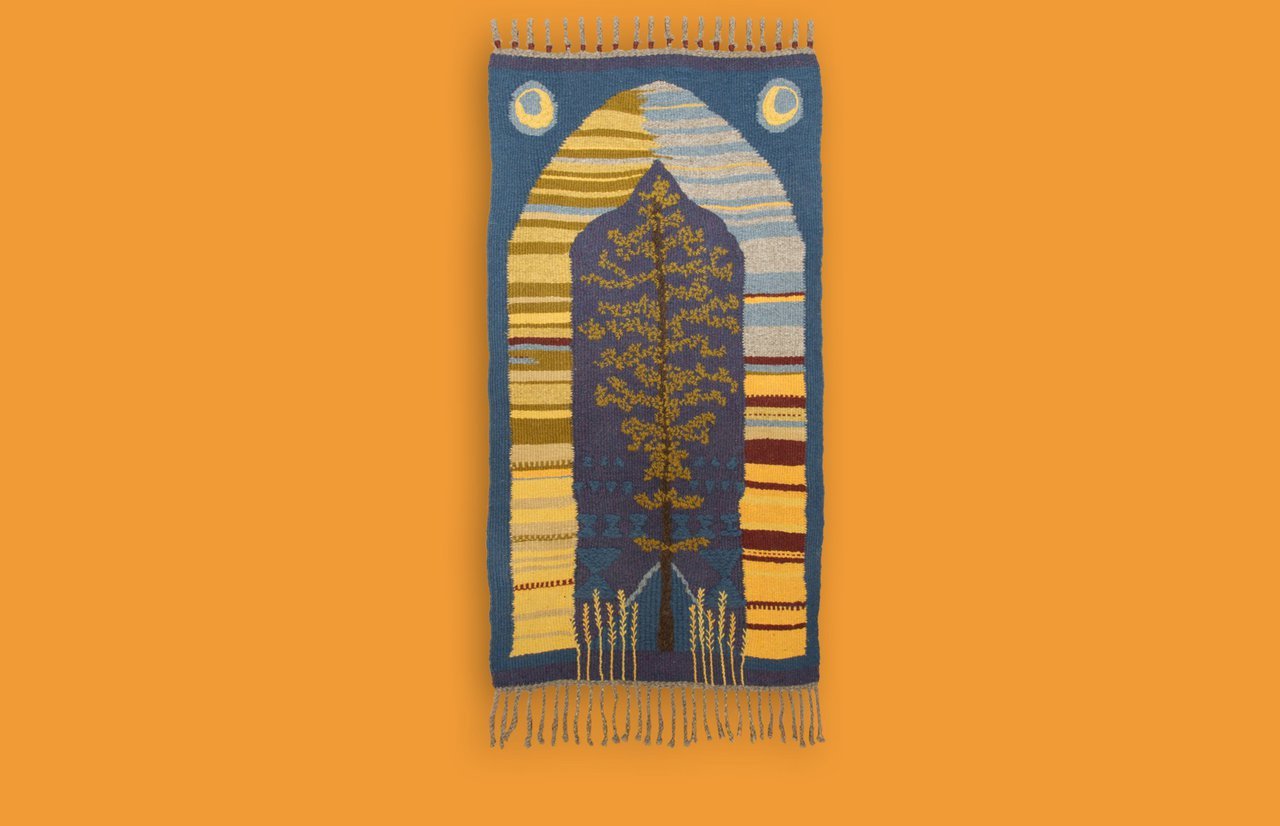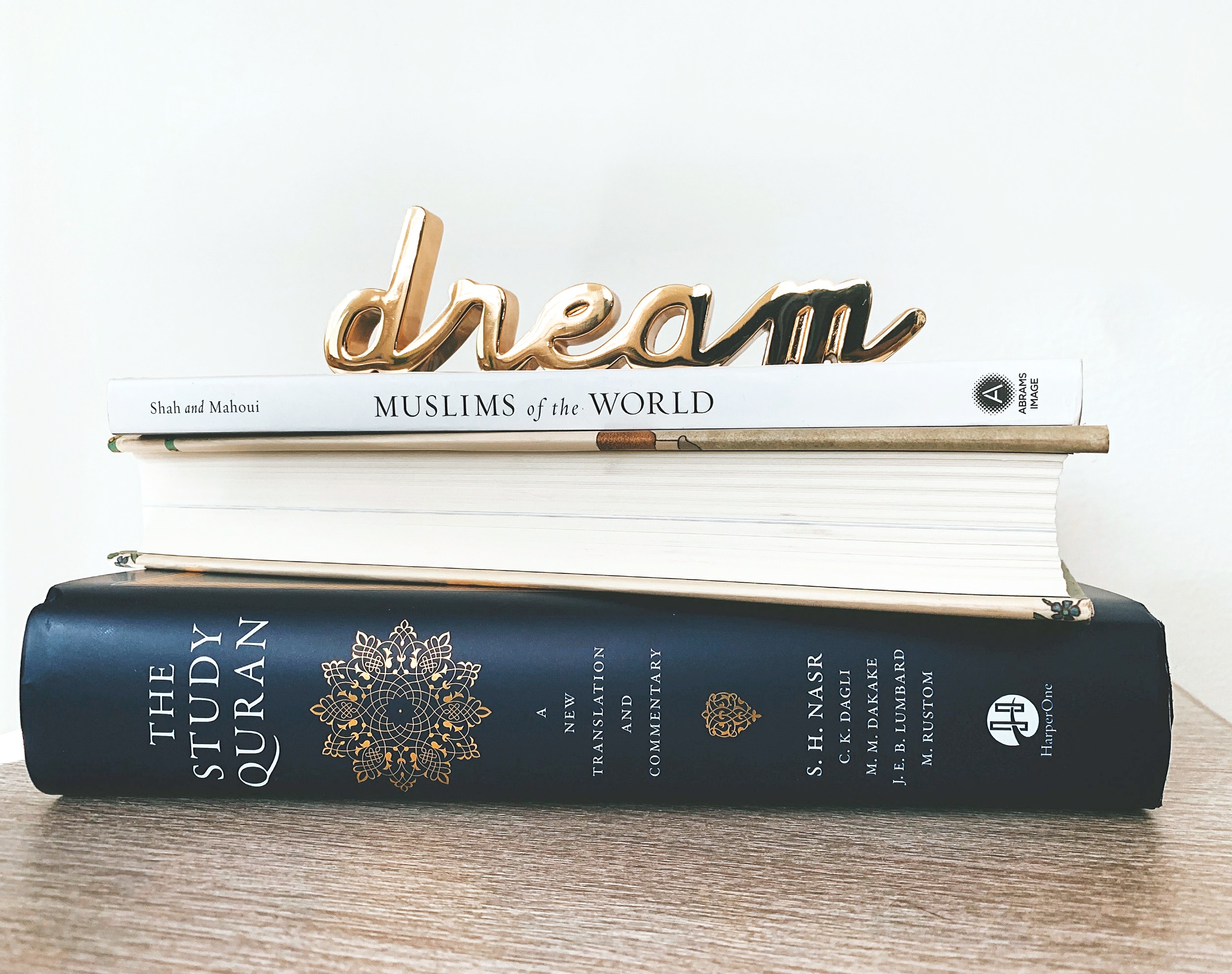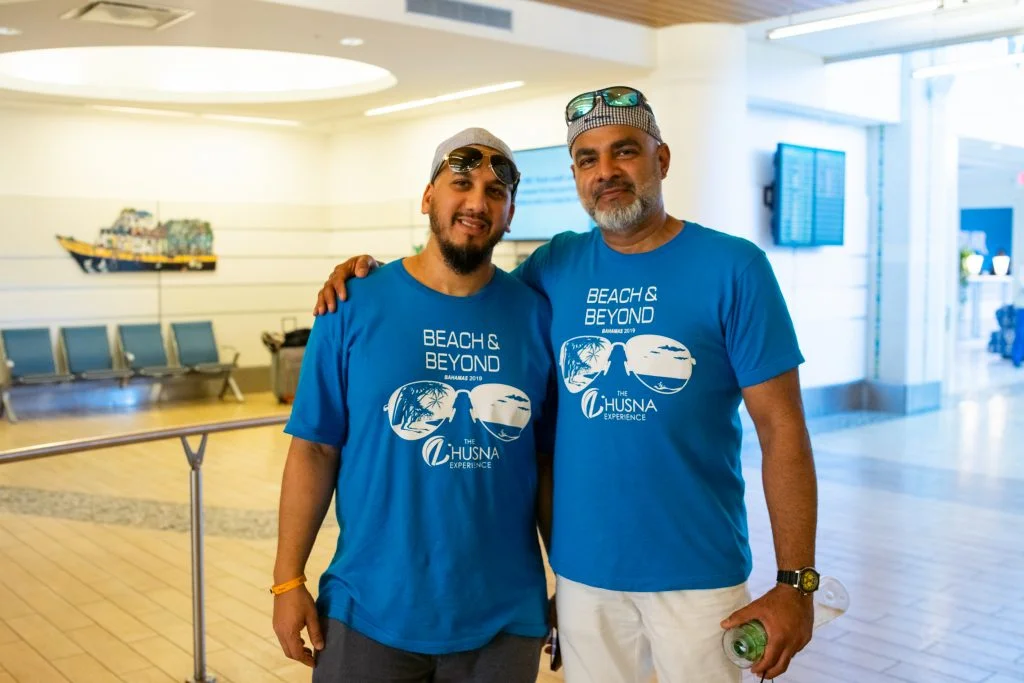As grave climate change continues to ramp up, higher temperatures and heat waves are making the Hajj, an annual pilgrimage of Muslims to Makkah in Saudi Arabia, increasingly risky, especially for participants with vulnerable health condition.
In the Middle East and North Africa, the climate is warming at alarming rates. It has been reported by researchers that Saudi Arabia is warming at a rate 50 per cent higher than the rest of the Northern Hemisphere.
The timing of the Hajj pilgrimage is based on the lunar Islamic calendar and it shifts approximately 10 to 11 days earlier each year in the Gregorian calendar. This means Hajj can occur in different seasons over a 33-year cycle. Currently, Hajj is being held during the summer months, leading to extreme heat risks.
Every year, about 2 million people undertake the Hajj. The ritual includes about five days of activities and a significant portion of it involves being outside in the open air. In recent years the strenuous rituals of the Hajj undertaken during 50°C daytime temperatures followed by hot nights poses a severe risk of death.
In 2024 nearly 1.8 million pilgrims travelled to Makkah and performed the required series of rituals under the blazing sun amid extreme heat and humidity followed by a night under the open sky. The temperature at the Grand Mosque in Makkah during the period of Hajj in 2024 reached as high as 51.8°C. 2024 Hajj has been overshadowed by disaster and tragedy, with the record number of death of 1,300 pilgrims, mostly due to heat exhaustion and heat related complications.
Researchers have predicted from their studies that because of climate change there is an increasing risk to pilgrimage in coming years. Because, the conditions of heat and humidity in the areas of Saudi Arabia where the Hajj takes place could worsen, to the point that people face ‘extreme danger’ from harmful health effects.
The timing of the Hajj will be shifted in the hottest summer months around 2050 posing serious risks to the participants. Planning for countermeasures may thus be needed to face that challenge. Saudi Arabia has also experienced an increase in excessive rainfall events in recent years, particularly towards the end of summer and into the fall. These torrential downpours and thunderstorms have caused significant flooding in regions such as Makkah and Jeddah. As climate patterns continue to change, the occurrence of such rainfall could align with the Hajj season, creating additional hazards for pilgrims.
Climate change is making Hajj increasingly dangerous; that indicates a sign of the global need to cut greenhouse gas emissions. Being the world’s fourth biggest fossil fuel exporter, Saudi Arabia itself is contributing significantly for the global warming by exporting the very product that is driving these heat extremes.
Muslim-majority countries must also contribute to alleviating the impact of climate change by adopting responsible climate policies. Governments of industrialized and Muslim-majority countries must implement effective plans to quickly decarbonize their industries and scale up renewable energy development and phase out fossil fuels. It is crucial to take substantial measures to cut the greenhouse emissions to prevent global warming and climate change; without those measures, the dangers would be even greater.
Apart from the Muslim community’s Hajj issue, environmental degradation has become a global concern that affects not only humans but also the natural ecosystems around the world. Many people and countries around the world have already been facing severe consequences of environmental changes. Sooner or later every country and every nation has to face the challenges caused by environmental degradation.
Therefore, environmental protection has become a growing concern for every country irrespective of its location on the world map. Islam lays out a code of conduct, tolerant and friendly to every members of the society as well as to the ecosystem. Standing on the face of worldwide devastating environmental degradation it has become very important to understand the Islamic perspectives on environmental protection and act accordingly.
Causes and Impacts of Pollution
Environmental pollution is mainly caused by human activities that lead to undesirable changes in the environment and ecology. Every living being, plant, and non-living element is connected in a vast network of relationships and interactions. The destruction of one element of nature can have a chain effect on the entire ecosystem.
Burning of fossil fuel, forest wildfires, demolition of buildings, industrial waste, mining, wastes from agricultural activities, improper waste management, rapid urbanization, population growth and various other reasons contribute to it.
The burden of pollution is shared by developed and developing nations alike. Pollution affects the very factors which support life, such as the air we breathe, the water we drink and at large, the ecosystems we depend upon. Thus, pollution appears as a dangerous threat to life on the earth. One of the greatest challenges of pollution is that it causes extreme harm to the health of humans and other living beings giving rise to mortality rate. Pollution has its negative impacts on the economy as well.
Other socio-economic impacts of pollution include food insecurity due to decreased agricultural yield, forced migration due to water crisis etc. Pollution causes depletion of ozone layer giving access to UV rays to enter the earth that adversely affect human health, plants and crops. Environmental pollution also causes global warming. The greenhouse gases trap the heat in the earth’s atmosphere, increasing the temperature at an alarming rate.
Understanding the Nature
The environment covers the entire area inhabited by humans and other creatures. Our entire surroundings including our dwelling houses, the neighborhood, the trees, the animals, the birds, the ponds, the lakes, the rivers, the seas, the clouds, the rain, the sunshine, the wind and everything we see and feel around us, together make the nature or environment. Just like human, nature is also a living creature, created by Allah Subhanahu Wa Ta’ala (SWT).
Therefore, we must try our best to understand nature as how we understand human being. Allah (SWT) has given us eyes, ear and intellect. These are the main tools which we use for understanding and acquiring knowledge of the physical world. With the help of these tools we can also spell out the language of the nature. We can understand that nature is a part of our life, a part of our society.
Humans are part of Allah’s creation and have a close relationship with the surrounding nature. We cannot survive without the nature just as a child cannot survive without motherly care. Nature is like our mother’s womb, mother’s lap and mother’s caring hands without which we cannot think of our existence.
Environmental protection is an important element to ensure the continuity of human life in this world. If we can understand the nature and can establish love and deep relationship with it we can only preserve the nature essential for our survival. As Muslims we always need to think of the wellbeing of the entire humanity and behave responsibly for the protection of the environment.
Nature is a Sign of Allah
The Almighty Creator has created the nature as a sign of Him so that peoples ponder over it and oblige to Him. In many verses of Qur’an Allah (SWT) has reminded us of His signs. A few of such verses are cited below.
وَٱلْأَرْضَ مَدَدْنَـٰهَا وَأَلْقَيْنَا فِيهَا رَوَٰسِىَ وَأَنۢبَتْنَا فِيهَا مِن كُلِّ زَوْجٍۭ بَهِيجٍ
“And the earth – We spread it out and cast therein firmly set mountains and made grow therein [something] of every beautiful kind, Giving insight and a reminder for every servant who turns [to Allah ].” – [Qur’an 50:7 & 8]
يُنبِتُ لَكُم بِهِ الزَّرْعَ وَالزَّيْتُونَ وَالنَّخِيلَ وَالأَعْنَابَ وَمِن كُلِّ الثَّمَرَاتِ إِنَّ فِي ذَلِكَ لآيَةً لِّقَوْمٍ يَتَفَكَّرُونَ
“He causes to grow for you thereby herbage, and the olives, and the palm trees, and the grapes, and of all the fruits; most surely there is a sign in this for a people who reflect.” – [Qur’an 16:11].
وَهُوَ ٱلَّذِىٓ أَنزَلَ مِنَ ٱلسَّمَآءِ مَآءً فَأَخْرَجْنَا بِهِۦ نَبَاتَ كُلِّ شَىْءٍ فَأَخْرَجْنَا مِنْهُ خَضِرًا نُّخْرِجُ مِنْهُ حَبًّا مُّتَرَاكِبًا وَمِنَ
ٱلنَّخْلِ مِن طَلْعِهَا قِنْوَانٌ دَانِيَةٌ وَجَنَّـٰتٍ مِّنْ أَعْنَابٍ وَٱلزَّيْتُونَ وَٱلرُّمَّانَ مُشْتَبِهًا وَغَيْرَ مُتَشَـٰبِهٍ
ٱنظُرُوٓا۟ إِلَىٰ ثَمَرِهِۦٓ إِذَآ أَثْمَرَ وَيَنْعِهِۦٓ إِنَّ فِى ذَٰلِكُمْ لَـَٔايَـٰتٍ لِّقَوْمٍ يُؤْمِنُونَ
“And it is He who sends down rain from the sky, and We produce thereby the growth of all things. We produce from it greenery from which We produce grains arranged in layers. And from the palm trees – of its emerging fruits are clusters hanging low. And [We produce] gardens of grapevines and olives and pomegranates, similar yet varied. Look at [each of] its fruit when it yields and [at] its ripening. Indeed in that are signs for a people who believe.” – [Qur’an 6:99]
Observing the nature and contemplating on it is a very important aspect of a Muslim’s spiritual journey. In the above verses Allah (SWT) commands us to ponder over His creations to realize that His dominion encompasses every necessary elements of the Universe. Looking around ourselves, the sky, the mountains, the trees, the oceans, the alternation of the day and night, and everything else, we can realize the state of perfection of Allah’s creations.
The ordered ecosystem with a plentitude of natural being is a sign of Allah. We need to realize that the universe is a sign pointing to something beyond itself without which the universe, with all its natural causes could not stand. All of these signs manifest a great proof that Allah is the One and Only, the True God.
Perfection in the Creation
Allah (SWT) has perfectly created this universe and has drawn attention of the mankind to it in the Qur’an:
ٱلَّذِى خَلَقَ سَبْعَ سَمَـٰوَٰتٍ طِبَاقًا مَّا تَرَىٰ فِى خَلْقِ ٱلرَّحْمَـٰنِ مِن تَفَـٰوُتٍ فَٱرْجِعِ ٱلْبَصَرَ هَلْ تَرَىٰ مِن فُطُورٍ
“It is He who has created seven heavens, one above the other. You can see no flaw in the creation of the Beneficent God. Look again. Can you see faults? Turn your eyes again and again. Your gaze turns back dazed and tired.” – [Qur’an 67:3 & 4].
Allah (SWT) has left no flaws in His creation. He has created this world with full perfection and set natural rules so that it remains functioning and sustainable till the time He wants.
Long before creating the humans Allah (SWT) created this beautiful world comprising of seas and rivers, mountains and plains, trees and herbs, birds and animals, water and air, clouds and rains, nights and days and every necessary thing that altogether has constituted a balanced ecosystem for the comfort of the human beings. Allah (SWT) sent the humans on the earth when it became perfectly ready for their dwelling.
Purpose of Creation of the World
Allah (SWT) has a purpose behind His every creation. Allah’s purpose in creating the earth is to make man think of the perfectness in the creation of the earth and trust in His power, majesty and wisdom. He has created all the necessary elements for humans in the nature for their convenience and happiness in this life. He has provided us with the things we need to survive successfully and flourish in this world and we are obligated to take care of them and preserve them for future generations.
Allah (SWT) wants that humans should enjoy the blessings and bounties of Him, reflect on their Creator and prostate to Him in gratitude. He also teaches us to love the nature and His creations which will enhance our faith and love towards Him. In Islam morality has been placed at the core of the relationship between humans, nature and God.
Morality plays the key role in taking care of the nature and preservation of the environment.
Humans are Vicegerents to the World
The Almighty Creator Allah has created and sent the humans to the earth as His Vicegerents. When the Great Creator Allah (SWT) decided to create Adam, He told the Angels that He is going to create His ‘Khalifah (خَلِيفَةً)’, Vicegerent on earth. In the Qur’an Allah says:
وَإِذْ قَالَ رَبُّكَ لِلْمَلَـٰٓئِكَةِ إِنِّى جَاعِلٌ فِى ٱلْأَرْضِ خَلِيفَةً قَالُوٓا۟ أَتَجْعَلُ فِيهَا مَن يُفْسِدُ فِيهَا
وَيَسْفِكُ ٱلدِّمَآءَ وَنَحْنُ نُسَبِّحُ بِحَمْدِكَ وَنُقَدِّسُ لَكَ قَالَ إِنِّىٓ أَعْلَمُ مَا لَا تَعْلَمُونَ
“When your Lord said to the angels: Indeed I am going to set a viceroy on the earth, they said: Will You set in it someone who will cause corruption in it and shed blood, while we celebrate Your praise and proclaim Your sanctity?’ He said: Indeed I know what you do not know.” – [Qur’an 2:30]
From this verse we know that the Great Creator Allah (SWT) has appointed humans as Khalifah on earth. The privilege of humankind as Khalifah on earth implies that it is an immense responsibility for them from Allah (SWT) to act as trustee for the preservation of His creations including the nature.
Islam recognizes that human beings are the custodians of the earth and all that is on it, including vegetation, animals, oceans, rivers, deserts, and fertile land. Islamic teachings emphasize the idea of ‘amanah (أمانة)’ or trust in connection to preserving any wealth or valuables for certain period and returning to the owner as it is at the end of the period.
In this case, amanah refers to the nature and its resources that humans should take care and preserve its characteristics so as to sustain its functionalities for present and future generations.
The trusteeship assigned to humans is not about dominion, mastery or control over any part of the creations, but is a responsibility of careful cherishing and preservation of qualities and functionalities of nature so that the comforts and benefits to the creations of Allah (SWT) are never disrupted. They will be answerable for the just and responsible discharge of this trusteeship in accordance with Divine Laws.
Our Responsibility as Khalifah
We as Khalifahs or leaders of this world are responsible to administer this world as best as possible, in line with the purpose of our creation. It is our responsibility to take care of our nature’s condition and protect and safeguard it from all kinds of damage and risks.
As responsible trustees we have to manage the ecosystem in the earth carefully and to make sure that it functions sustainably.
Allah is Al Wahab, the Gifter who has gifted us with abundant creations. All these creations have been made subservient to us for our convenience and comfort. It is our responsibility to be extremely mindful of each and every creation and resource that are Niyamah or blessings from Allah (SWT). Hence every Muslim has a moral responsibility towards safeguarding His creations. We will be questioned in the afterlife about what we have done to ourselves, to other creatures, and to this world at large.
Being Allah’s Khalifah on the earth we have to work in the way He wants. When we do not act according to the assignment of Allah, His wrath will prevail on us. Natural disasters and many other calamities may befall on us because of Allah’s wrath.
Supposedly, we as the trustee must look after the earth which is dying nowadays as a result of human activity.
Allah has guided us by giving us the Qur’an as the manual to follow. Following the guide lines in the divine manual, we must treat the environment which has given us many benefits in all perspectives such as health, incomes, shelter, protection and many more.
Men and nature both need each other in order to survive; so why don’t we keep and maintain these huge blessings from the Wise Creator? May Allah (SWT) guide us and help us in living in a way that serves His purpose.
Management of Nature is Manifestation of Faith
In Islam righteous deeds are considered manifestation of faith. ‘Ihsan’ or to be kind to the members of the ecosystem, living or nonliving, is a great righteous deed to Allah. So, doing Ihsan to anybody or anything is an expression of faith to Allah the Almighty. All actions of Muslims should be so oriented that it earns Allah’s pleasure only and no materialistic benefit. Such deeds enhance the faith of an individual to a great extent.
As trustees of Allah (SWT) on earth we are responsible for good management of environment. Management of environment is a character of Ihsan and it earns Allah’s pleasure. The Muslim individuals who are engaged in the environmental management will be highly rewarded for this act in the hereafter. In Islam management, distribution and utilization of the resources of the nature are righteous deeds which enhance our faith, and are considered as a means to achieve closeness to Allah (SWT).
Universe is Created in Measure and Balance
Allah (SWT) has created the universe in such a way that every necessary element has been made in exact proportion and set at exact place establishing a balance state. It is stated in the Qur’an:
إِنَّا كُلَّ شَىْءٍ خَلَقْنَـٰهُ بِقَدَرٍ
“Surely We have created everything according to a measure.” – [Qur’an 54:49]
The holy Qur’an teaches that the universe has been created in measure, balance and order and humans should refrain from disrupting it. Production of waste that affects the ecosystem may be considered as transgression in balance or measure.
In numerous instances it is mentioned in the Qur’an that humankind should maintain the order in creation and should not cause corruptions in the world after it has been set in order. We find such an instruction in the following verse:
وَلَا تُفْسِدُوا۟ فِى ٱلْأَرْضِ بَعْدَ إِصْلَـٰحِهَا وَٱدْعُوهُ خَوْفًا وَطَمَعًا إِنَّ رَحْمَتَ ٱللَّهِ قَرِيبٌ مِّنَ ٱلْمُحْسِنِينَ
“Hence, do not spread corruption on earth after it has been so well ordered. And call unto Him with fear and longing: verily, God’s grace is ever near unto the doers of good!” – [Qur’an 7:56]
By treating the natural world as the dumping ground in everyday commerce we risk disturbing the delicate ecological balance that exists in nature. In this regard we should remember the words of Allah:
وَأَقِيمُوا۟ ٱلْوَزْنَ بِٱلْقِسْطِ وَلَا تُخْسِرُوا۟ ٱلْمِيزَانَ
“And keep up the balance with equity and do not make the measure deficient.” – [Qur’an 55:9]
The balance that exists among different components of our earth system has strong correlation within ecological limit and must not be transgressed at any level. Every kind of thing is produced in the earth in due balance and measure. Balanced usage of the natural bounties, reasoned actions in preserving the balance should be the guiding factors in utilizing the resources of the earth.
Disasters are the Consequence of Human Acts
Disasters that plague the world today are the result of irresponsible human acts. Man’s hands lately cause much destruction to our world. In this connection we should remember the word of Allah (SWT) in the Qur’an:
ظَهَرَ ٱلْفَسَادُ فِى ٱلْبَرِّ وَٱلْبَحْرِ بِمَا كَسَبَتْ أَيْدِى ٱلنَّاسِ لِيُذِيقَهُم بَعْضَ ٱلَّذِى عَمِلُوا۟ لَعَلَّهُمْ يَرْجِعُونَ
“Corruption has appeared on land and sea, because of what people’s hands have earned, in order to make them taste some of what they have done, so that they might return . ” – [Qur’an 30:41].
The term ‘fasad’ or corruption used in the above verse can be interpreted as all types of corruption including negligence to environment, perversion and imbalanced use of natural resources that are prevalent in today’s age. This verse states that all the damage done to land or to the oceans is due to unjust human actions.
Allah Almighty created the earth and has established natural rules that govern its functionalities and phenomena occurring on it. If the system is disrupted, there will be natural disasters that affect our lives as pointed out by Allah (SWT) in the above verse.
Every misfortune that happens to us is nothing but what we earn by our deeds violating the natural rules of Allah (SWT).
We need to realize that the various disasters and environmental damage that occur around the world are caused by the greed and carelessness of humans themselves. Therefore, Muslims are urged to be careful and must have a moral obligation to protect the environment and ensure that the rights of all living beings are respected.
Environmental Care Practices in Islam
Allah (SWT) has endowed the earth with an abundance of creations which are interdependent on each other in an intricate way for their growth and sustenance establishing a balanced nature or ecosystem. Islam encourages us to look at the nature and contemplate on the majesty of the Great Creator. Protecting the environment is the responsibility of every Muslim since it is closely related to religion.
If we develop good practices with an intention to protect Allah’s nature as well as the earth, the only dwelling place for us, we may hope to gain His pleasure and rewards. Being appointed by Allah as His Khalifah to the earth Muslims are obligated to manage the creations and natural resources in the best possible way to preserve its quality and maintain a balance in the ecosystem.
Environmental awareness and protection of natural resources is an integral part of Islamic belief. As viceroys of Allah on this earth, we have to protect our environment including soil, air, water, animals, tree and every other component of the nature and utilize natural resources in a sustainable manner in order to ensure that Allah’s bounties continue.
Islamic ideals suggest many guidelines and practical practices that promote environmental protection. Some of them are outlined below.
(i) Restrictive Use of Natural Resources: Wastage or misuse of anything is strictly prohibited in Islam. Allah says in the Qur’an:
إِنَّ ٱلْمُبَذِّرِينَ كَانُوٓا۟ إِخْوَٰنَ ٱلشَّيَـٰطِينِ وَكَانَ ٱلشَّيْطَـٰنُ لِرَبِّهِۦ كَفُورًا
“Surely the wasteful are like brothers to the devils. And the Devil is ever ungrateful to his Lord.” – [Qur’an 17:27]
This verse states that if we commit waste, we are like Devil’s brothers. Thus wasting and misuse of anything is sinful in Islam. From that, we know how important it is that we should be prudent and avoid wastage in our life. Muslims cannot indulge in misuse of any natural resources gifted by Allah (SWT).
Water is an important natural resource for survival. The lack must have a big impact on everyone. Muslims are encouraged not to waste water and to use it wisely to refrain himself from doing sin. There are other valuable natural resources such as petroleum products (oil, gas and coal), biomass, minerals, oars, rocks and others. Forests and woods, fish and animals are also important resources. We have to use them very cautiously so that no wastage occurs in any case.
(ii) Adopting Measure to Minimize Pollution: A major objective of Islamic teachings and traditions of Prophet (ﷺ) is to build and maintain a healthy and clean environment which is free from any source of pollution and misuse. It is incumbent upon each of us to be extremely mindful so that our activities do not pollute the natural resources that are Niyamah or blessings from Allah (SWT).
Islamic ideals strongly condemns dumping garbage everywhere, dumping waste including chemicals directly into the sea and river, releasing factory smoke into the air, doing open burning and other such activities that may cause degradation of environment and affect the life of human, animal and any other living being. Doing harm to people and any members of the ecosystem is considered as great sin in Islam.
Muslims have to refrain from any polluting activities since he has to answer for the misdeeds in the life afterwards.
(iii) Protection of Trees and Plants: Islam emphasizes the importance of protecting the environment by asking its followers not to cut down trees, pollute rivers and air. In fact, in Islam, agriculture and planting trees is one of the noble jobs and are highly encouraged by Allah (SWT) and Prophet (ﷺ). Many verses of the Qur’an mention various crops and fruits. Agriculture and farming can bring a person closer to Allah (SWT).
This is because the sign of the greatness of Allah (SWT) can be seen clearly in the process of growing crops and plants. Muslims are urged to plant trees and participate in reforestation efforts. Prophet Muhammad (ﷺ) also taught his people to always protect animals and plants. The Prophet (ﷺ) encouraged tree planting and said the Almighty Allah would consider tree planting as a charity (Narrated in the Hadiths of Bukhari and Muslim).
(iv) Responsible Consumption: Allah does not like anyone who generally indulges in any kind of excess or unnecessary usage. Allah says in the Qur’an:
يَـٰبَنِىٓ ءَادَمَ خُذُوا۟ زِينَتَكُمْ عِندَ كُلِّ مَسْجِدٍ وَكُلُوا۟ وَٱشْرَبُوا۟ وَلَا تُسْرِفُوٓا۟ إِنَّهُۥ لَا يُحِبُّ ٱلْمُسْرِفِينَ
“Children of Adam, take your adornment at every place of prayer. Eat and drink, and do not waste. He does not love the wasteful.” – [Qur’an 7:31]
Muslims are encouraged to be responsible consumers and avoid overdoing it. Excessive and unnecessary consumption is discouraged in Islam and is a punishable sin. Most of the world’s environmental issues in recent times are caused by wasteful activities of human beings and their excessive consumerism.
Following the Islamic principles and practices of environmental protection, it is possible to create a healthier and more sustainable world for future generations. It is the duty of all Muslims to be aware of and try to prevent any harm that may befall on the environment and positively contribute to its regeneration and growth. It is also important that we make the best use of the natural resources to enable future generations to live in a quality environment. Islam shows the way how to behave with nature and save it from any kind of damage.
Reduction of pollution and judicious utilization of the natural resources is the only way to protect the humanity from the sufferings of extreme climate. It is high time to take concerted effort and effective measure by all the nations to turn down environmental pollution significantly to improve climate situation over the globe. Such a concerted effort can only present a green world to its inhabitants and then the pilgrims can perform‘green’ Hajj free from hazards of extreme heat.
This piece was originally published on Wisconsin Muslim Journal on August 6th 2024.
Wisconsin Muslim Journal, published by the Milwaukee Muslim Women’s Coalition, is the first media organization that reports news and information about the Muslim community in the state of Wisconsin.








